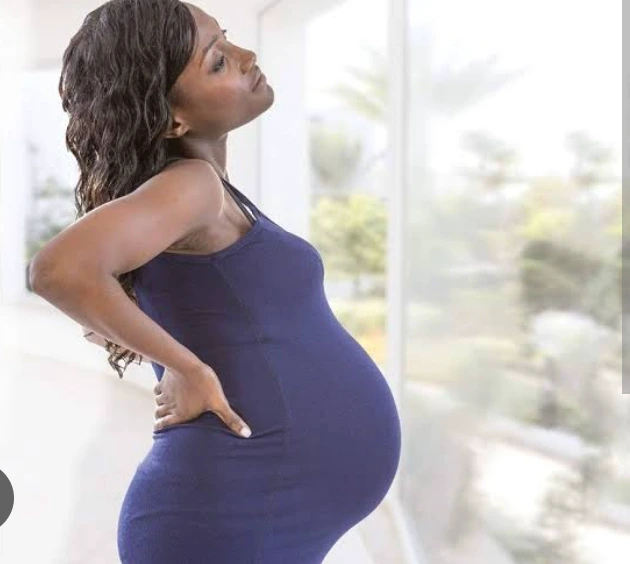The Oldest Age a Woman Can Get Pregnant Naturally According to Science

The question of the oldest age at which a woman can get pregnant naturally is complex and influenced by various biological, genetic, and environmental factors. Generally, a woman’s fertility declines significantly with age, particularly after her mid-30s, and more sharply after 40. This decline is primarily due to a decrease in the number and quality of ovarian follicles, which contain eggs.Women are born with a finite number of eggs, and this number diminishes over time. By puberty, a woman typically has about 300,000 to 400,000 eggs, but only about 400 to 500 will be ovulated during her reproductive years. As women age, the remaining eggs not only decrease in quantity but also in quality, leading to higher rates of chromosomal abnormalities and fertility issues.While there have been rare cases of women conceiving naturally in their late 40s or even early 50s, these instances are exceptional. The oldest verified case of a woman becoming pregnant naturally is around 50 years of age. However, this is not typical, and most women experience a complete cessation of menstruation and natural fertility around menopause, which typically occurs between the ages of 45 and 55. After menopause, the chances of natural conception are extremely low due to the absence of viable eggs.Moreover, older maternal age is associated with increased risks for pregnancy complications, such as gestational diabetes, hypertension, and chromosomal abnormalities in the fetus, including Down syndrome. Due to these risks, many women considering pregnancy later in life may explore assisted reproductive technologies (ART), such as in vitro fertilization (IVF), which can utilize donor eggs to mitigate the age-related decline in egg quality.In summary, while the possibility of natural pregnancy exists into the late 40s, it is rare and typically accompanied by heightened health risks. The natural reproductive window for women is generally considered to close in the late 40s, emphasizing the importance of understanding personal fertility and health as women age.https://www.acog.org/womens-health/faqs/having-a-baby-after-age-35-how-aging-affects-fertility-and-pregnancy



0 Comments